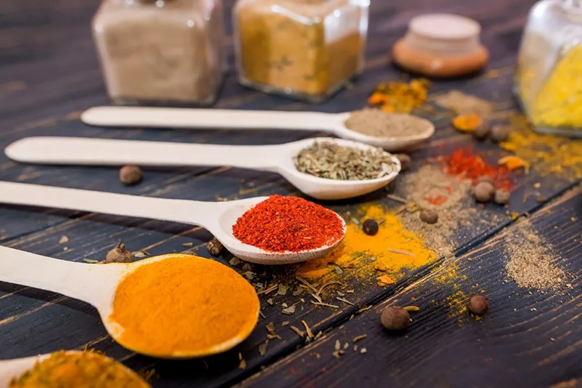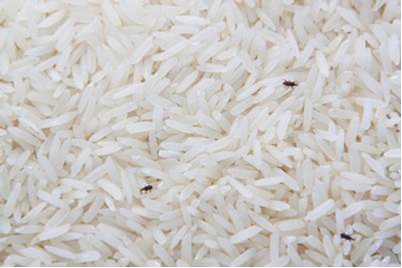Why is it not safe to eat raw apricot kernels?
Apricot kernels contain significant amounts of amygdalin – a substance that becomes toxic after being consumed.
When eaten, amygdalin breaks down to release a poisonous chemical called cyanide. Cyanide poisoning can cause headaches, nausea, vomiting, lethargy, and in extreme cases, even death.
Adults may face these symptoms from eating just three small raw apricot kernels, and for toddlers, one small seed.
Consumers are hence not advised to eat raw apricot kernels. Unprocessed or powdered apricot kernels are also discouraged.
What about other types of apricot kernels? Are they safe to eat?
Apricot kernels are safe to consume when they are processed properly to remove harmful substances, such as by soaking, boiling, or deskinning. The way Chinese soups and desserts are typically prepared removes more than 90% of the latent cyanide in apricot kernels, allowing them to be consumed safely.
However, roasted apricot kernels, especially those that are unskinned, are not safe to consume.
It is also safe to eat the flesh of apricot fruits, as the hard shell of the apricot seed prevents contact between the flesh and the kernel.
What can consumers and manufacturers do to ensure apricot kernels are eaten safely?
While amygdalin may sometimes be referred to as “Vitamin B17”, authorities in Australia, New Zealand and Canada do not recognize it as a vitamin. Manufacturers of products containing apricot kernels should check that their product labels do not mislead consumers about the possible risks, benefits and intended use of their products. For example, product labels should not misrepresent amygdalin as a vitamin, and raw apricot kernels should not be advertised as ready-to-eat snacks.
Consumers should also adhere to these guidelines to reduce the risk of cyanide poisoning from apricot kernels:
Check with the retailer if the product is raw or unprocessed.
Do not eat raw apricot kernels.
Cook apricot kernels before consumption. Boil apricot kernels for at least 30 minutes.
Eat apricot kernels in moderation, especially for young children and toddlers.
Seek medical attention immediately if you feel unwell after eating apricot kernels.
About the Author
Dr Ong How Chee is a Scientist from the Risk Assessment and Communications Department of the National Centre for Food Science. With a PhD in Chemistry and Biological Chemistry from Nanyang Technological University, Dr Ong is currently focusing on the food safety of chemical contaminants and food contact materials. He also works on safety assessments of Novel Foods.




